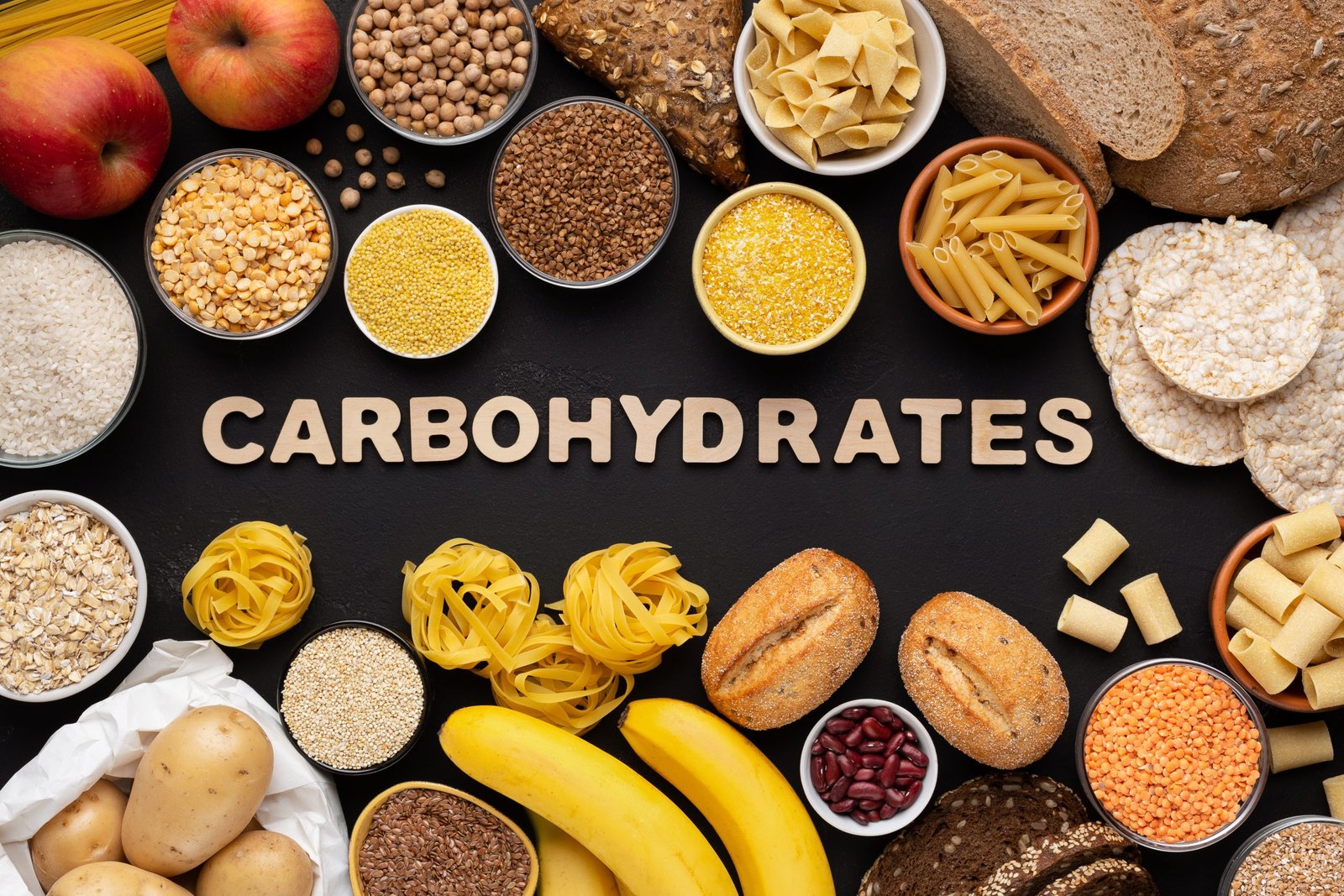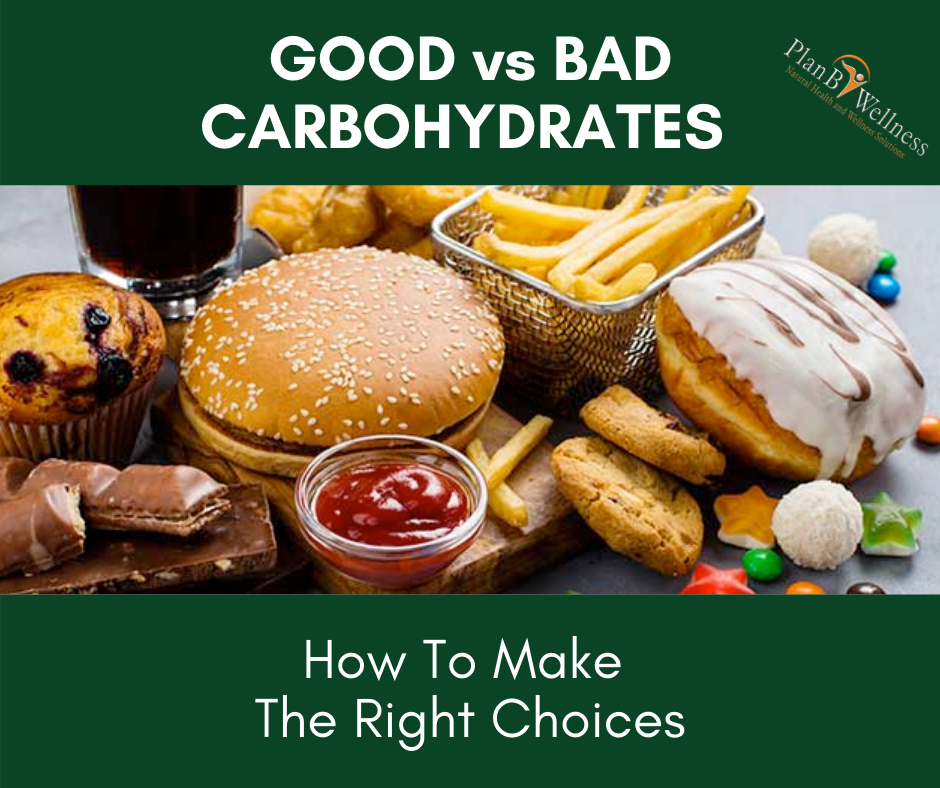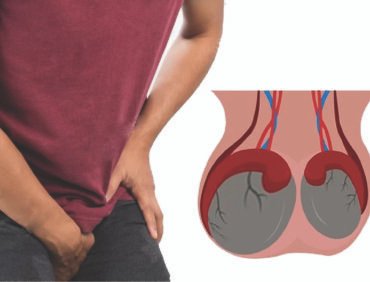Few years back when Keto diet (a high-fat, adequate protein, very low-carbohydrate diet that forces the body into using fats as fuel, instead of glucose) became popular, many persons saw the diet as an answered prayer to their weight loss journey.
Keto diet made people see carbohydrates (carbs) as the enemy, because it requires that you deprive yourself of carbohydrates. However, is it fair that we deprive our body of the nutrient it needs the most?
Okay, let’s do a brief and adequate introduction on Carbohydrates.
Carbohydrates

Carbohydrates are one of the three macronutrients that serve as an essential part of our diets. They contribute greatly to our overall health and wellbeing. Their inputs can never go unnoticed by the body, as the main function of carbohydrates is to provide energy to the body.
Carbohydrates are known as the building blocks of sugar, hence, the reason why carbohydrates are classified according to the number of sugar units combined in their molecule.
Monosaccharides (single-unit sugar), Disaccharides (double-unit sugar) and Polyols are referred to as Simple Carbohydrates, simply known as ‘Sugars’.
Oligosaccharides (3 – 9 sugar units) and Polysaccharides (ten or more sugar units) such as starches and dietary fibers are referred to as the complex carbohydrates.
Monosaccharide (e.g glucose, fructose, and galactose) and Disaccharide (e.g sucrose, lactose, and maltose) sugars tend to be added to foods by manufacturers, cooks and consumers. In this case, they are termed ‘added sugars’. They may also occur as ‘free sugars’ which are naturally in fruit juices and honey.
Carbohydrate Sources

Carbs are gotten from various foods including whole grains, fruits and vegetables. There are varieties of carbohydrates that occur in our diets and these various carbs in the diet come with their functions.
- Glucose and Fructose: can be found in fruits, vegetables, honey and food products such as glucose-fructose syrups.
- Sucrose or Table Sugar: can be found naturally in sugar cane, fruits, beets.
- Lactose: it is the main carbohydrate present in milk and dairy products.
- Maltose: can be found in malt and syrups derived from starch.
- Sorbitols (most commonly used polyol in foods and drinks); xylitol (frequently used in chewing gums and mints); Isomalt (often used in confectionery).
(Most Polyols used are made by the transformation of sugars).
- Sweeteners and Additives added to baked goods and processed foods.
- Grains
- Pulses & Legumes
- Leafy and Non-leafy vegetables
- Root vegetables e.g onions, carrots
- Potatoes
- Fruits
- Pastries, White bread, Soda
- Breakfast cereals
- Whole wheat, oats
Carbohydrates: what type should I choose?

It is important to note that in choosing any type of carbohydrate source, quality matters. Though, carbohydrate is present in a wide variety of foods, some sources are healthier than others.
While consuming too much or more than the daily requirements of some foods (such as sugar sweetened foods, refined grains, processed foods, refined breads, soft drinks, pasta etc) can put one at risk of overweight/obesity, cardiovascular diseases, Diabetes and Heart diseases; choosing healthy carbohydrates on the other hand would promote your health.
Which would you rather choose? The one which would depreciate your health or the one which would promote your health?
Healthy Sources: The healthy sources of carbohydrates are the foods that ensure the body remains in good health by delivering vitamins, minerals, fiber and important phytonutrients. They include unprocessed whole grains, vegetables, fruits, Pulses.
Unhealthy Sources: These sources contain easily digested carbohydrates that contributes to weight gain, disrupt weight loss plans, promote diabetes and other unfavourable health outcomes.
Highly processed or refined foods are generally considered as unhealthy sources. Other food items are pastries, sodas, sweetened foods or snacks, whole white bread.

Healthy Carbohydrates: Benefits
Generally, carbohydrates provide energy for the basic functions of the body such as moving or thinking. It doesn’t stop at just the basic functions, but extends to the background functions that we do not even notice most times.
When consumed, complex carbohydrates are broken down into simple sugar (glucose) at the digestion phase by digestive enzymes, which then get directly absorbed into the bloodstream. The body prefers, and uses the glucose directly as an energy source for the brain, muscles and other cells.
- Brain and Red Blood Cells: the brain and red blood cells are dependent on glucose as their energy source. Hence, blood glucose must be constantly maintained at an optimum level. To cover the needs of the adult brain, about 130g of glucose is needed daily.
- Dietary Fibre and Gut Function: Foods made up of non-starch polysaccharides (a type of polysaccharide) are considered dietary fibres. Dietary fibres are not digestible, but help to ensure good gut function by increasing the physical bulk in the bowel, and in turn stimulating the intestinal transit.
When indigestible fibres are passed into the large intestine, the fibres are broken down by the gut microflora. This results in an increased overall mass in the bowel, with a beneficial effect on the gut microflora and brain health.
- Body Weight: The healthy sources of carbohydrates are rich in fibre. Dietary fibre comes with satiety. Hence, this prevents people from overeating, and in turn helps to maintain a healthy body weight.
- Affects blood sugar and insulin levels as well as fat metabolism
- Decreases the risk of cardiovascular and coronary heart disease
- Reduces the risk of Obesity
- Dietary Fibre helps to lower blood pressure and LDL cholesterol.
- Reduced risk of constipation
Are carbohydrates good for you? 100 percent!
Carbohydrates are essential as part of a healthy and adequate diet and should make up between 45 to 60% of your total energy intake.
The unhealthy carbohydrates are not condemned too; World Health Organization (WHO) strongly recommends that the intake should be kept below 10% of the total intake. More importantly, focus on the most appropriate sources of carbohydrates – unprocessed whole grains, lentils, alongside fresh fruits and vegetables.
If this write-up has benefited you in anyway, kindly go ahead and share it with others too.
Stay healthy and never give up!
Plan B Wellness Limited
+2348099666658 (Whatsapp, Call, SMS)
+2348099666650 (Call and SMS only)
Email: consult@planbwellness.com
IG: @planbwellness
Twitter: @planbwellness








